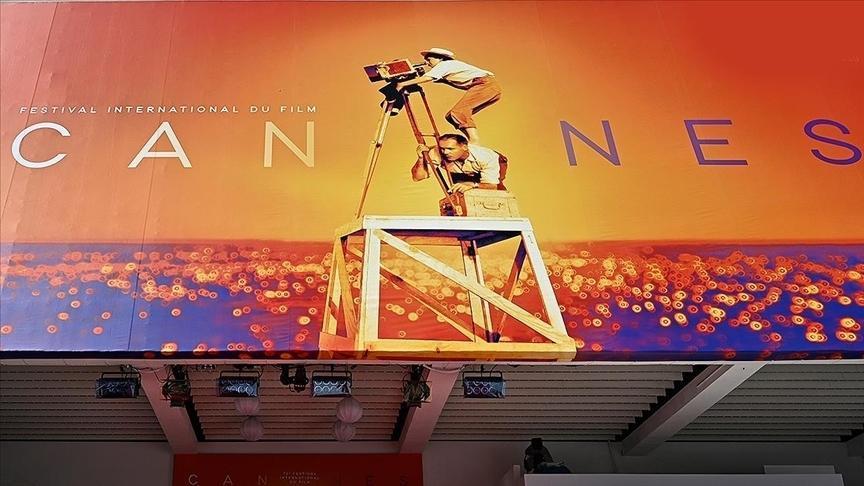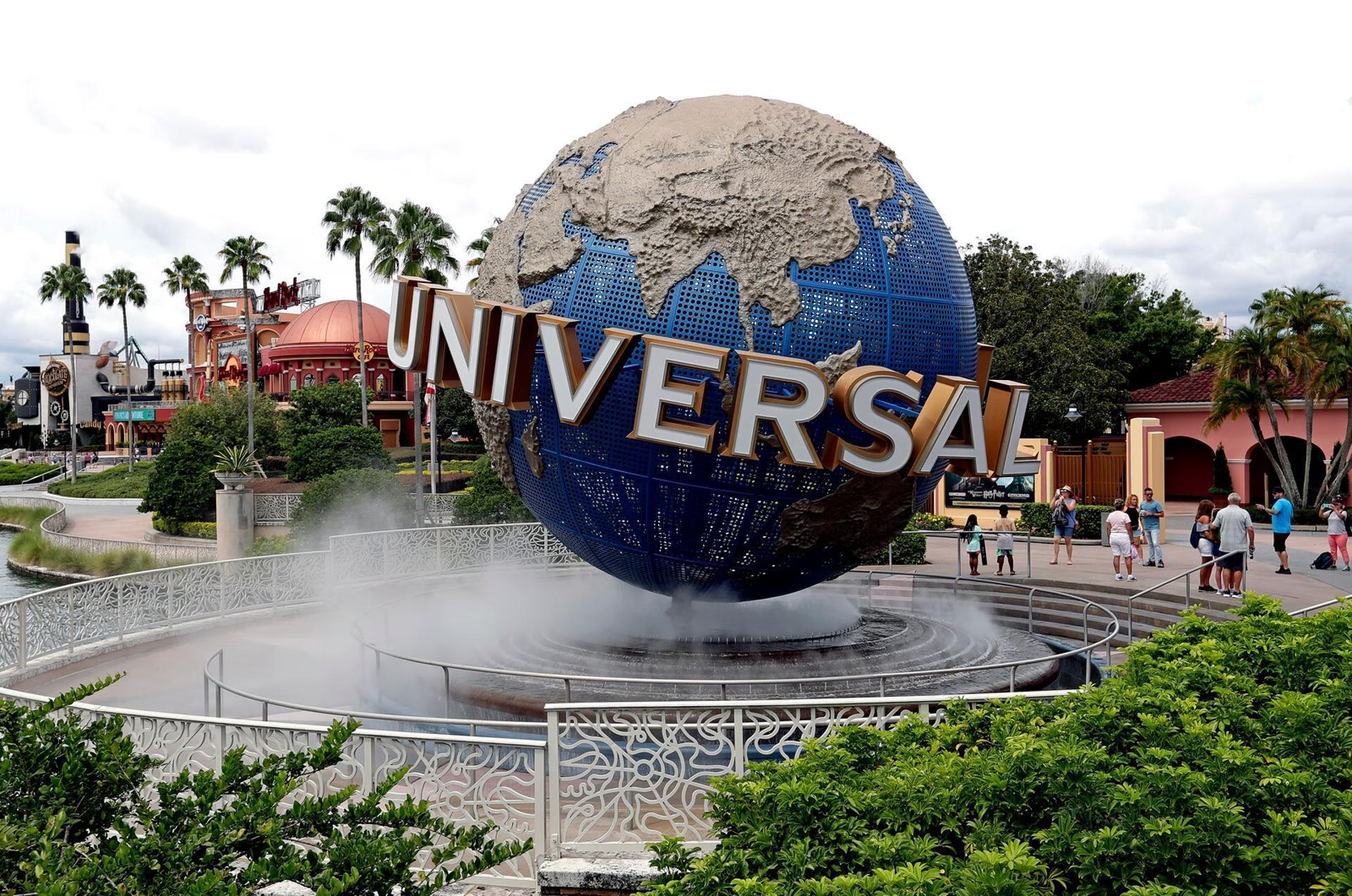Future shock
DAVID CUTHELL
For those of us of a certain age, Future Shock, the 1970 best seller by Alvin Toffler, played a formative part of the zeitgeist of the era. Simply put, Toffler argued that the increasing intensity of modern life was leaving people disorientated and stressed. A similar process of disorientation and stress has infused U.S. foreign policy since the attack on the World Trade Center on Sept. 11, 2001. The result is well understood.Today, the crisis in Syria is following a predictable, post 9/11 path. Washington is scrambling to obtain authorization to bomb the al-Assad regime in the hope of lessening the carnage of its current civil war.
The problem is that virtually all of the presuppositions are wrong. Why do I say this? The answer is quite simple, the tectonics of the region, as well as in the United States, have shifted and it seems that virtually no one is paying attention. Let me briefly elaborate on two key issues.
First, while everyone understands the simple narrative of al-Assad/Shia/mass murderer, virtually no media analysis is paying much attention to the larger Sunni/Shia sectarian war that is playing out from the shores of the Mediterranean to the Indus Valley, other than short, descriptive articles. How can it be that the weekly massacres in Quetta, Baghdad and other places attract about as much attention as bus crashes? These are not accidents and they will get worse before they get better.
Having said all of this, there are two very positive developments that are taking place and can hold great promise in resolving the crisis. First, there is the recent election of Hassan Rouhani as president of Iran. If one pays attention to his actions and words, it would appear that Iran is looking to engage more actively with the outside world. Currently, President Rouhani is scheduled to address the U.N. General Assembly this fall. If his recent words are any indicator, he will look to break with the past regime’s confrontational approach with the West and open a new chapter of engagement.
Second, and perhaps not as obvious, the United States is undergoing a major reorientation of its foreign policy. Two major factors come into play here. First, the U.S. wants nothing to do with the internal issues of the Middle East, with the exception of Israel. AIPAC and other lobbies in Washington will see to that. Currently, a large majority of Americans do not want a military intervention in the Syrian civil war. Americans cannot understand why they are still getting involved in more Arab disputes that they cannot even understand in the first place. No doubt many are thinking that I am leaving out the key factor, namely the energy resources in the Persian Gulf. I am not.
The simple fact is that the United States will be energy independent within two to three years. This reality comes as a shock to most Americans and no doubt to most people in Europe and the Middle East. If one examines what is happening to U.S. domestic energy supplies, it is clear that the rapid increase in natural gas production and oil arising from new drilling techniques, or “fracking,” will constitute a strategic game changer. In less than 10 years, we will be a net exporter. Given domestic energy security, why will the U.S. care about deploying aircraft carriers in the Persian Gulf in order to protect Chinese and others’ oil supplies? Clearly, it will not. Instead, the United States will retrench, reducing its global footprint. Good for the United States, a mixed blessing for others.











